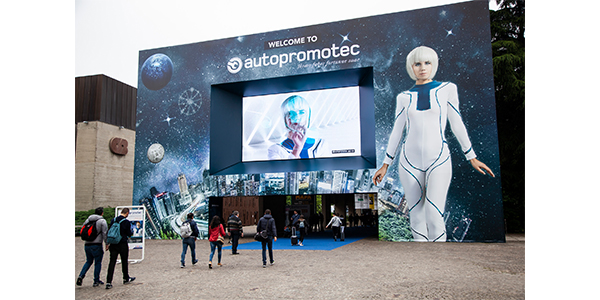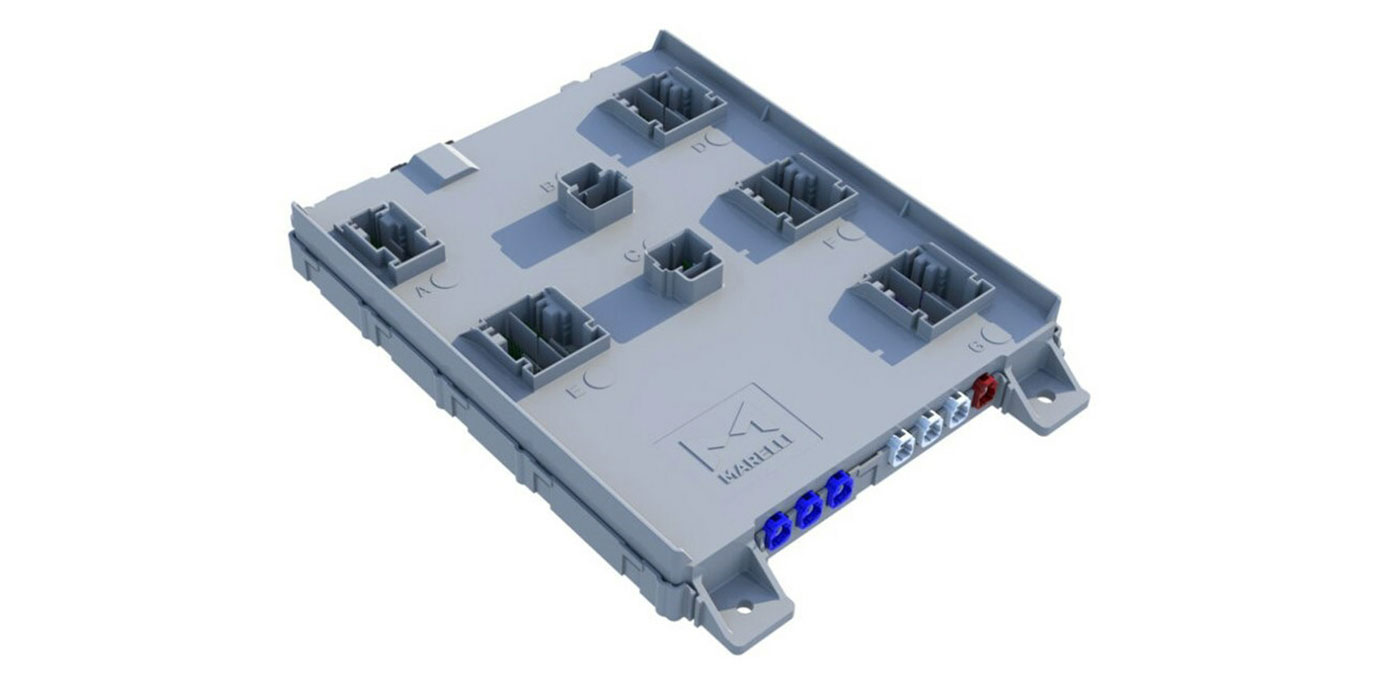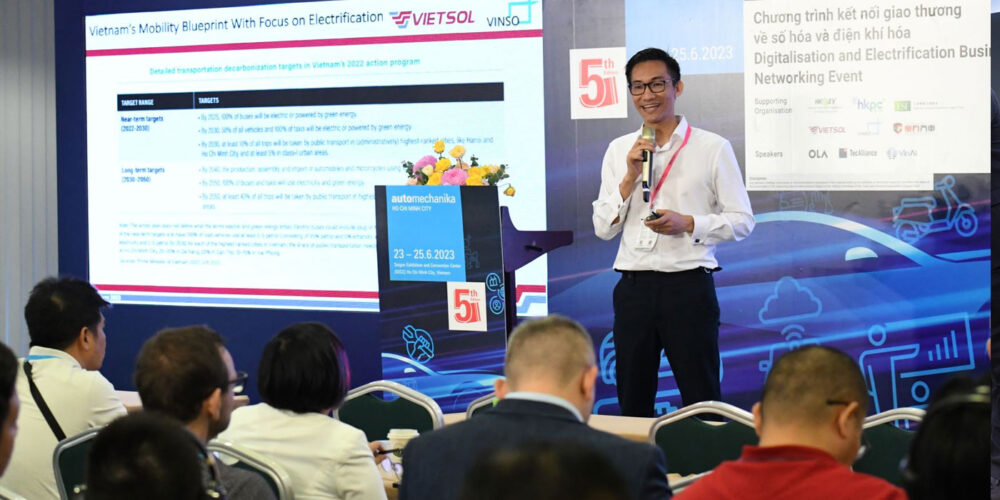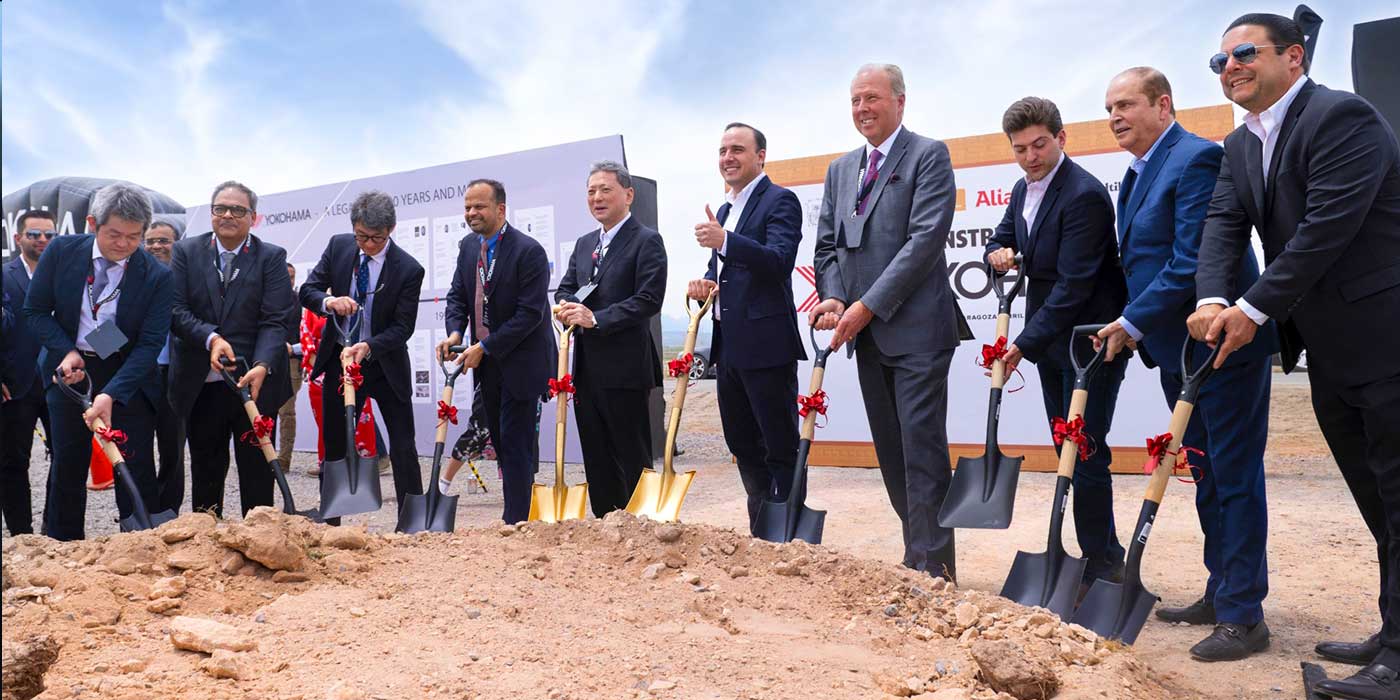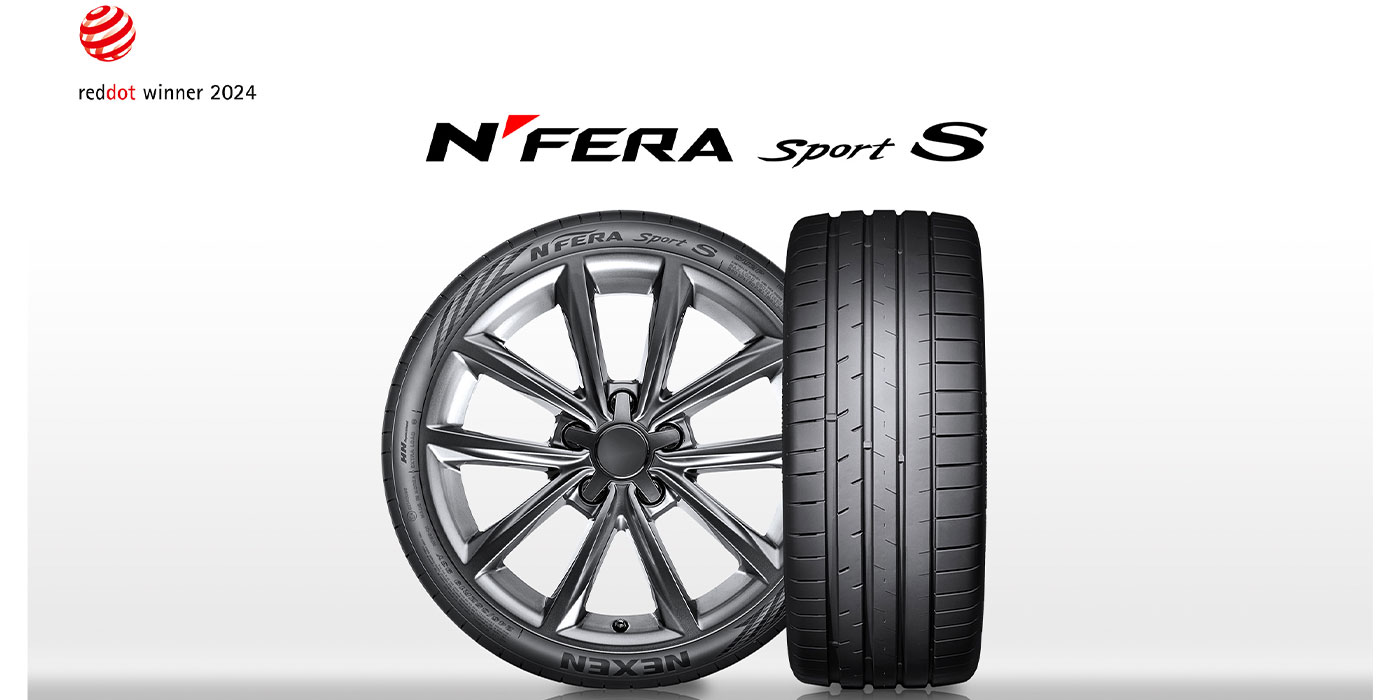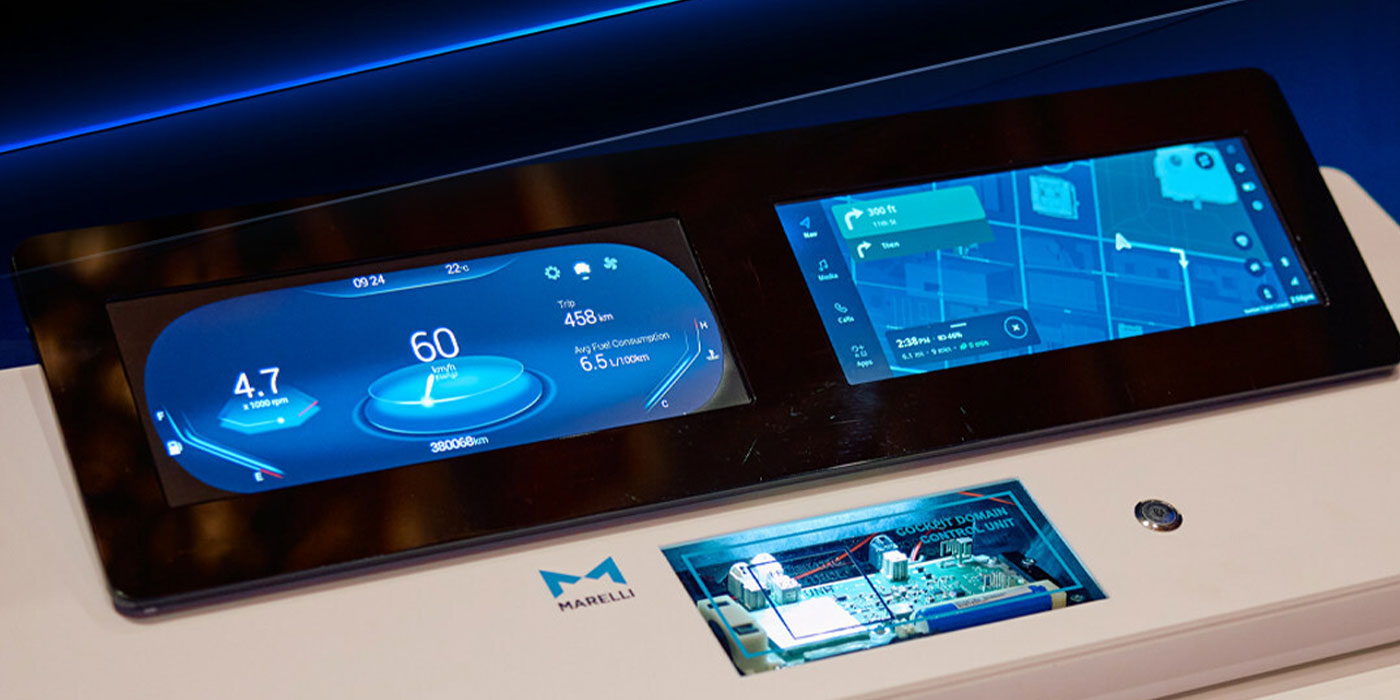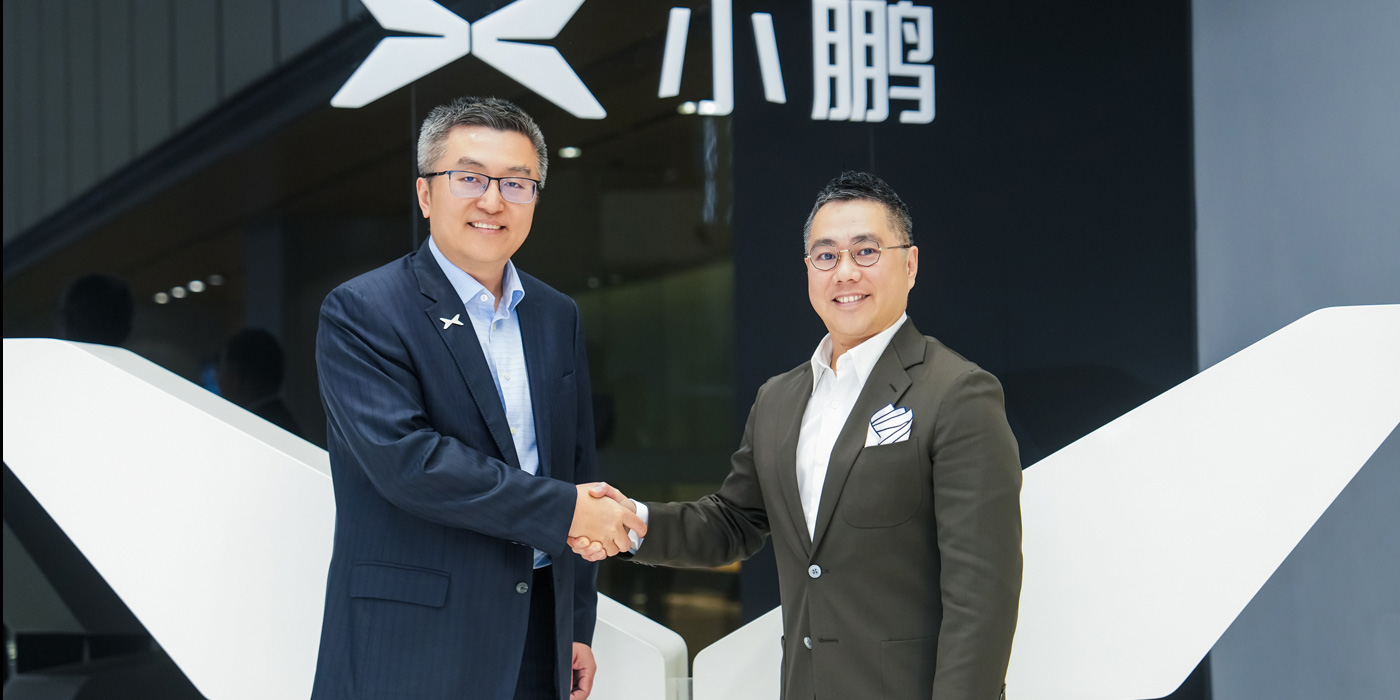Autopromotec 2019, wrapped up last week in Bologna, Italy. During the set of conferences and roundtables held as part of the “AutopromotecEDU” educational program, was an hosted an event focused on electric and electronic cars, also delving into how these vehicles are bound to change the skill-set needed in the repair shop.
The number of hybrid and electric cars in circulation is steadily growing, together with cars equipped with driving assistance systems (ADAS). This poses a new challenge that will revolutionize repair shops. New skills and dedicated equipment will be needed. The question posed during the AutopromotecEDU session was: “Is the automotive repair market ready?”
The meeting held during Autopromotec 2019 tried to answer this question, tackling issues concerning new technology applied to hybrid and electric car production and the skills and services necessarily required to repair them. Moderated by Cosimo Murianni, a journalist of Quattroruote Professional, the conference involved leading panelists, who explained to the audience how car repair businesses can stay competitive in a fast and steadily changing market.
Michele Pennese of Mecaprom, a company specialized in automotive engineering and prototype production, explained the evolution of electric motors especially related to regulations on emissions, and how they are becoming more and more stringent. This is a rapidly growing evolution that will transform the technical service profession. Specific skills will be required to intervene on complex integrated systems and replace high-value components. Diagnostics, skilled manpower and dedicated services will be key to working on electric cars.
And professionals working in the repair shop also will change: from mechanic to mechatronic, from electric to electronic. The future of mobility will be electrical, autonomous and shared, according to the panelists. A change is already afoot and business must get ready to face it.
Marco Marello of Generali Jeniot, a company developing Internet of Things and Connected Insurance service, tackled the issue of the evolution of services in specific connection with the new technology trends of the market. The growing popularity of electric vehicles also is happening in Italy, though at a slower rate in comparison with other European countries. The analysts foresee two possible scenarios: the “Base” scenario estimates an increase of 320,000 units from 2020 to 2025, to reach 1.8 million cars in 2030; the “Accelerated Development” estimates an increase of approximately 2 million units from 2020 to 2025 and an additional increase of 5.5 million by 2030. These numbers will lead to a natural development of dedicated services: from recharging columns all the way to road rescue and vehicle maintenance systems. The speech also highlighted the opportunities tied to new two-wheeled electric mobility and micro-mobility trends, increasingly popular in large urban centers.
Domenico Ferrara of Hella Gutmann Solutions, a company specialized in diagnostic solutions and multi-brand repair, spoke about the evolution of service in repair shops. New technologies can be an opportunity for businesses, though they must rest on a set of very specific skills. Training is therefore a crucial step to operate on very complex systems, which also may have some consequences in terms of safety. ADAS systems are more and more present in the latest generation vehicles and the future of mobility is autonomous driving.
Underestimating these trends is very risky, the panelists said, therefore it is of paramount importance to get prepared from the very start. This evolution must first and foremost go through training and later move on to choosing the key components needed to calibrate and replace sensors, radars and cameras. It’s important to keep in mind that the car repairer is required to guarantee functional safety of the vehicle. The goal of the repair shop is therefore to get specialized in order to stand out thanks to high value-added services and therefore seize the new market opportunities.
New technologies, more specifically those dedicated to electric mobility, also bring about some changes in the management of the systems available in cars and the materials they are made of; being aware of such technologies is crucial in order to perform service using suitable maintenance and repair procedures.
Soccorso Nino Gaeta of GVS, a manufacturer of filters and components for automotive applications, highlighted the importance of thermal management in electric vehicles. As opposed to traditional cars, electric cars generate small amounts of heat that are not sufficient to heat the cockpit. This is why advanced systems are needed for heating and cooling the cars, which also must be capable of reducing the amount of power absorbed from the battery, in order to safeguard the mileage while ensuring optimal comfort in the car. These systems also are used to keep the battery temperature under control, allowing it operate in optimal conditions in order to ensure maximum performance. New systems will require new equipment, both diagnostic and maintenance.
Giacomo Davoli of FM Lab, an industrial research laboratory offering a broad range of services applied to the polymer production process design, discussed the issue of managing plastic materials in repair and body shops. Electric cars have components made in several plastic materials, which ensure enormous advantages in terms of cost and weight reduction, though knowing the properties and characteristics is crucial. Indeed, when these materials are exposed to excessive heat or loads, they may strain; as such they require very specific processes.
The conference ended by analyzing the topic of regulations and interventions needed to provide car repairers with the correct information to work adequately and safely on hybrid and electric cars, as well as on ADAS systems.

